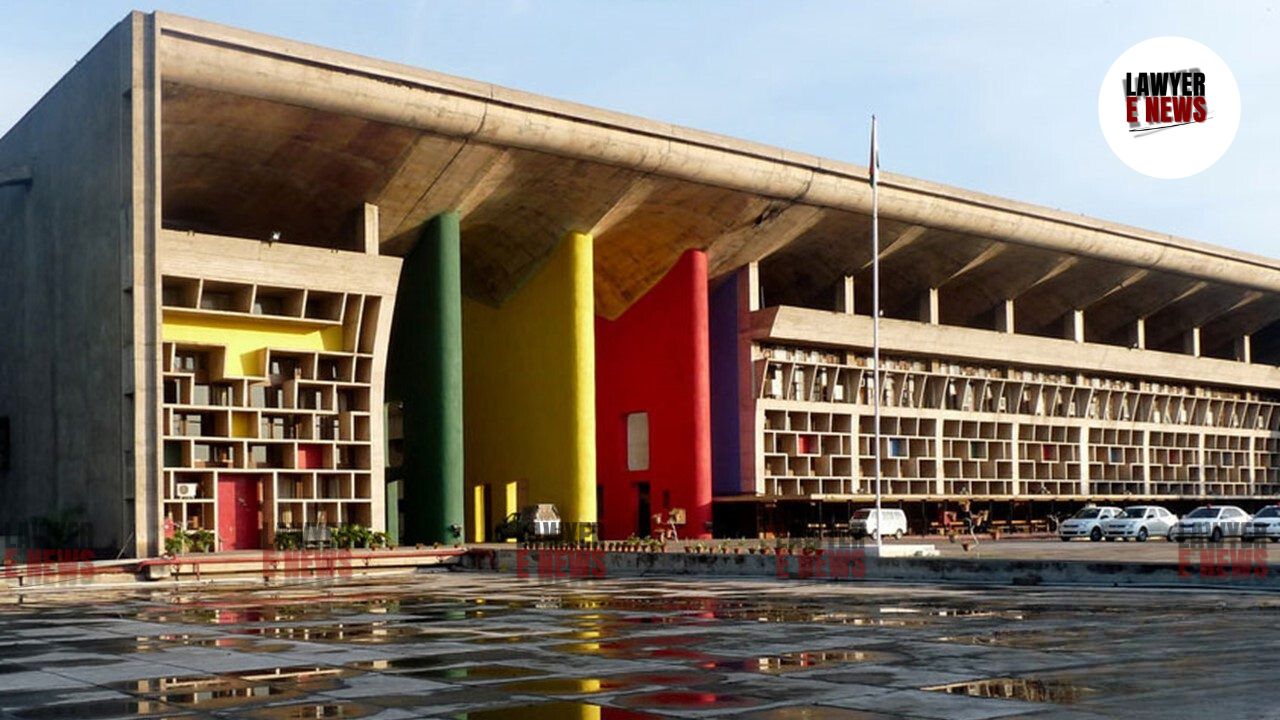-
by Admin
15 February 2026 5:35 AM



Election disputes, including improper rejection of nomination papers, must be addressed post-results through election petitions, not through writ petitions." – Punjab and Haryana High Court
On October 14, 2024, the Punjab & Haryana High Court delivered a significant judgment in Gurmail Singh v. State Election Commissioner and Others, addressing challenges related to the rejection of nomination papers in ongoing Panchayat elections. The court, upholding the sanctity of the electoral process, dismissed the petitions, holding that challenges related to election disputes must be addressed through election petitions after the results are declared. This ruling, in alignment with the constitutional and statutory framework, reiterates the principle that courts should refrain from intervening in ongoing election processes.
The petitioners had filed multiple writ petitions (CWP Nos. 26745, 26264, 26747, 26793 of 2024) under Article 226/227 of the Constitution, challenging the rejection of their nomination papers for the positions of Sarpanch and Panches in various villages of Punjab. They alleged that the rejection was done arbitrarily and in collusion with other candidates and sought a stay on the election process, scheduled for October 15, 2024.
The State Election Commissioner, along with other respondents, opposed the petitions, citing Section 89(1)(c) of the Punjab State Election Commission Act, 1994, and Article 243-O of the Constitution of India, which bars judicial intervention in election matters except through an election petition after the declaration of results.
The primary legal issue in this case was whether the rejection of nomination papers could be challenged through a writ petition while the election process was ongoing. The court addressed the following legal questions:
Bar on Judicial Review during Elections: The court extensively referred to Section 89(1)(c) of the Punjab State Election Commission Act, 1994, which allows challenges to election-related grievances, such as improper rejection of nominations, only through an election petition after the election results are declared. Similarly, Article 243-O of the Constitution explicitly bars courts from interfering in electoral matters, including nominations and the election process, while the election is in progress. The court also drew upon previous landmark rulings, including:
N.P. Ponnuswami v. Returning Officer (1952 SCC Online SC 3)
Mohinder Singh Gill v. Chief Election Commissioner (1978 1 SCC 405)
West Bengal State Election Commission v. CPI(M) (2018 18 SCC 141)
These cases consistently uphold the principle that electoral disputes must be resolved through election petitions post-results, preserving the integrity of the electoral process.
Premature Invocation of Writ Jurisdiction: The court emphasized that the petitioners' reliance on writ jurisdiction was premature since the election process had already commenced. The court stressed that any grievance related to the rejection of nomination papers must be raised before an Election Tribunal after the results are declared. It was noted that allowing interference during the election process would undermine the democratic procedure and lead to unnecessary delays.
Interim Relief Denied: The petitioners also sought interim relief to stay the ongoing election process. The court categorically rejected this request, reiterating that such interim measures would amount to interference in the election process, which is barred by law. The interim relief granted by a Co-ordinate Bench was vacated, and the court affirmed that the proper recourse for the petitioners was to file an election petition after the election results.
The court dismissed the writ petitions, stating that the rejection of nomination papers could not be challenged through writ jurisdiction during the election process. The petitioners were directed to pursue their grievances through election petitions post-election.
The judgment underscores the legal position that electoral disputes must be addressed through appropriate legal channels after the election results, thus maintaining the sanctity of the electoral process and avoiding delays that could disrupt elections.
Date of Decision: October 14, 2024
